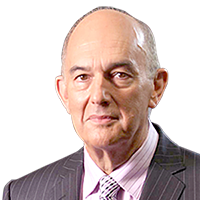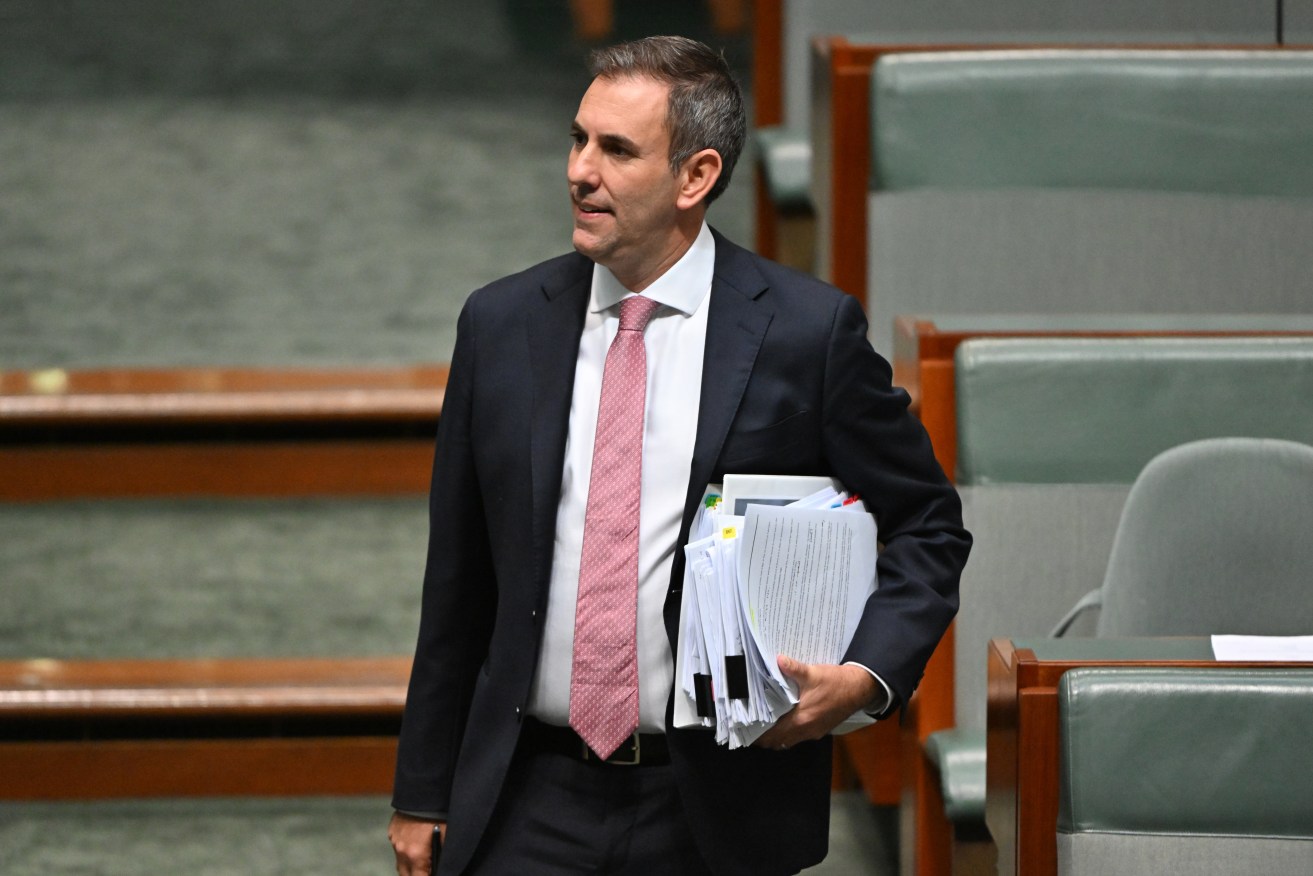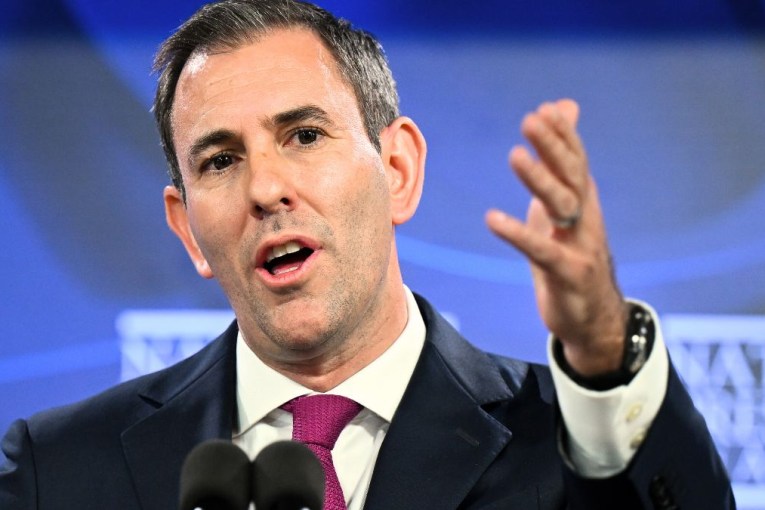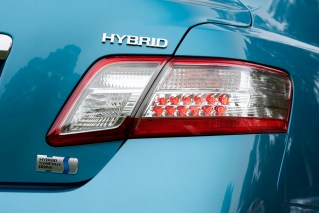Paul Bongiorno: Prepare for another tax and spend budget


Treasurer Jim Chalmers says he wants to put the budget on a ‘‘much more sustainable footing’’, Paul Bongiorno writes. Photo: AAP
The rituals of the federal budget are as predictable as they are frustrating.
For starters, the mantra that all Labor governments do is tax and spend is mind-numbing.
It is as if the Coalition had any other option but to do the same.
All governments tax and spend and that’s what every one of their budgets do.
I remember in one interview I did with Peter Costello when he was the Howard government’s treasurer, he made the bald assertion that there were two kinds of spending: Labor spending and Coalition spending.

Former federal treasurer Peter Costello believes Coalition spending differs from Labor’s. Photo: AAP
Labor spending in Mr Costello’s view was always bad, while the Liberals were on the side of the angels.
I suppose it’s the price we have to pay for having a Westminster style of parliamentary democracy that institutionalises contestability and encourages partisanship.
But whoever is in government does need to be accountable for its spending, and it helps if the benchmarks laid down by their political opponents are reasonably in touch with reality.
Inflation focus
Shadow finance minister Jane Hume on Monday – singing from the same song-sheet as her colleague, shadow treasurer Angus Taylor – made fighting inflation first the acid test for Dr Chalmers’ handiwork.
She said the $14.6 billion package of cost-of-living relief “isn’t delivering long-term sustainable cost-of-living relief because the only way you can do that is to bring inflation down”.
And, according to Senator Hume, the trick to bringing inflation down is for governments to cut their spending.
Senator Hume, like Angus Taylor, is pushing the line that the inflation we are fighting has nothing to do with global economic circumstances but everything to do with Labor’s spending in its October budget and already flagged for this one.
This assertion doesn’t bear much scrutiny.
The Reserve Bank in every one of its past 11 statements as it raised the official cash rate never once singled out the government’s fiscal policy settings as the culprit.
While the Opposition is raising a red flag over the government spending billions to provide energy price relief, boost aged-care workers’ pay, the single parent benefit and JobSeeker, some of the country’s most credible economists beg to differ about the inflationary dangers.
Chris Richardson agrees with former head of treasury Ken Henry in this regard. He says “it is not an inflation risk to be doing something better for Australia’s most vulnerable”.
Three-fold mission

Treasurer Jim Chalmers
Jim Chalmers says he has a threefold task; “cost-of-living relief targeted towards the most vulnerable, laying the foundations for future growth in areas like cleaner and cheaper energy, and … putting the budget on a much more sustainable footing”.
He is attempting to bring the budget into net balance, achieved by spending and saving offsets.
The Opposition criticises the Treasurer for only claiming that his measures won’t make inflation worse, as if that’s not a much-needed start on the road to dealing with debt close to $1 trillion.
Dr Chalmers bristles at Angus Taylor’s claim that “a drover’s dog could deliver a surplus this year”.
Senator Hume says the revenue windfalls from higher commodity price exports, more people in work paying taxes and many paying higher taxes thanks to bracket creep are what Mr Taylor is getting at.
Dr Chalmers will have little of it.
Low-risk approach
He says the government has managed $17.8 billion of savings in this budget on top of $22 billion in October, that compares to “zero dollar savings in the last Liberal budget”.
There is no doubt that unless the Albanese government can get productivity moving again, build a technologically innovative manufacturing base and grow the economy it will have failed its own ambitions for the nation.
Dr Chalmers is right to say it will take more than two budgets to do, which many would hope means he is looking ahead to wider reform.
The Greens and some on the crossbench are impatient with Labor’s low-risk approach to budget repair.
Economist John Quiggin says there is plenty of room to raise more revenue and make Australia a fairer and more prosperous nation.
Professor Quiggin points to overly generous tax concessions for wealthier Australians and the windfall on offer to them in the legislated Stage 3 tax cuts.
Now that would trigger a real debate about taxing and spending, but maybe the foundations are being laid for this Labor government to embark on it next year.
Paul Bongiorno AM is a veteran of the Canberra Press Gallery, with more than 45 years’ experience covering Australian politics








